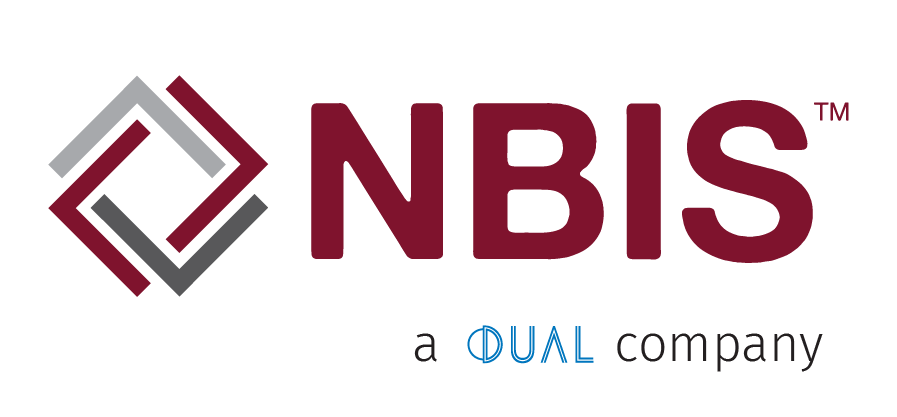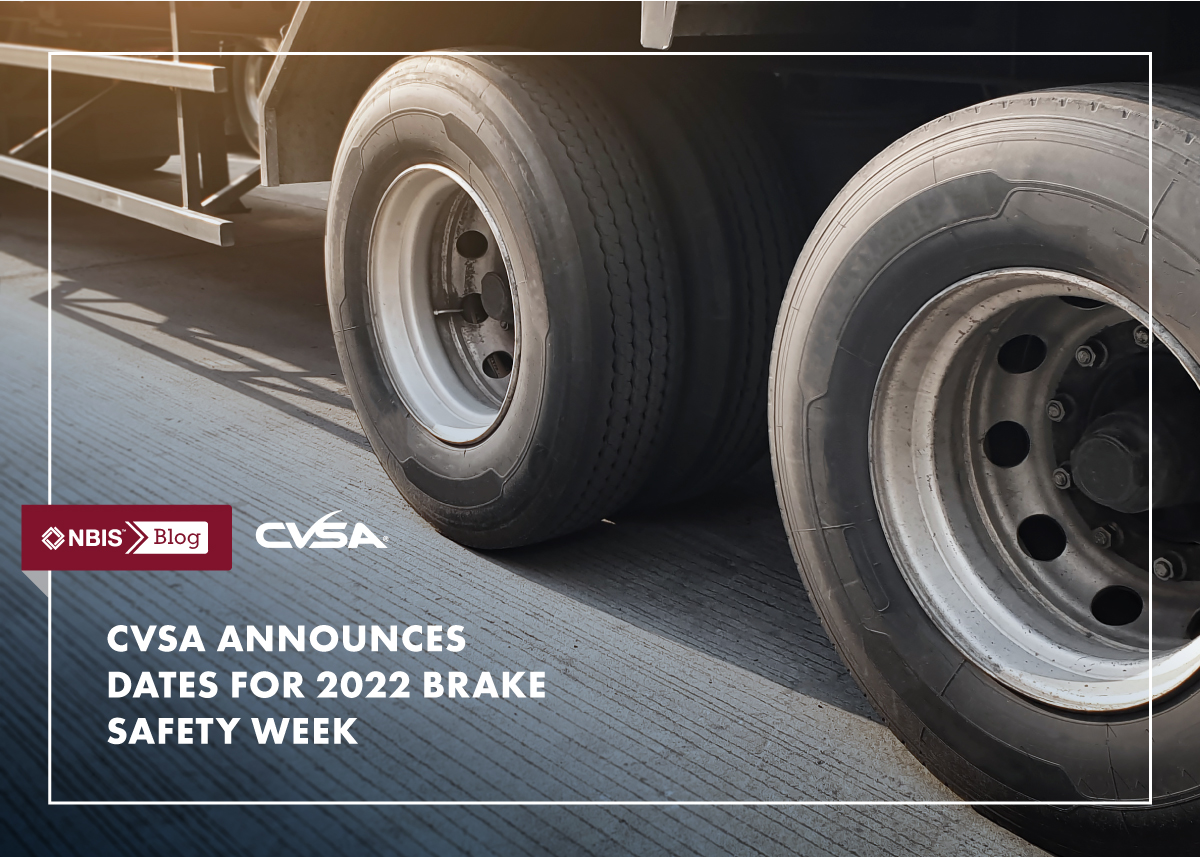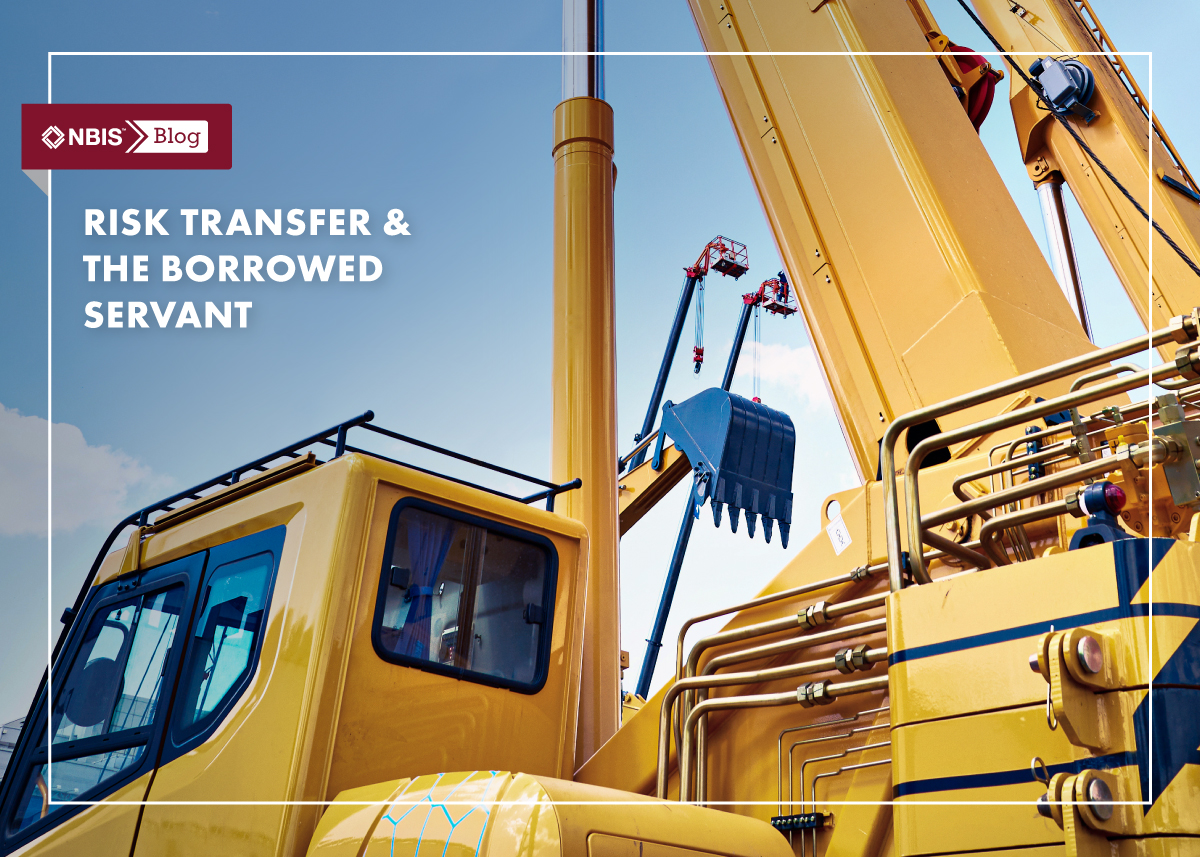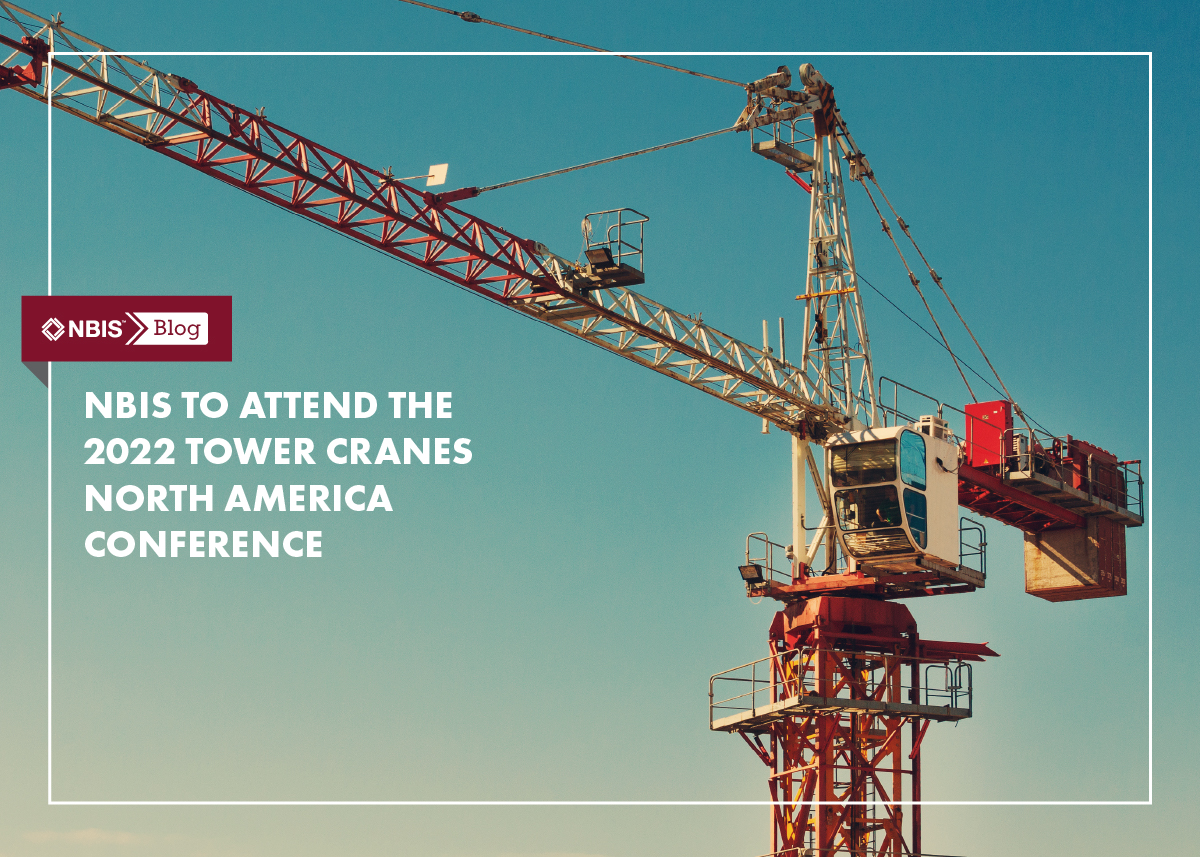As we all strive to make the greater industry we work within smarter, safer and more productive, it goes without saying: the last several years have not been without challenges.
Be it pervasive supply chain shortages, inflation, labor shortages, workforce disruptions and, of course, the many persistent complexities throughout the pandemic, most companies within construction and transport have been impacted accordingly in recent years.
But it’s not all doom and gloom. In fact, even amid challenges that can often seem relentless, there are a lot of positives within the industries we serve.
For starters, more and more students –in both high school and college –are beginning to recognize a viable future within the Trade industries. While more than a million students held off from going to college during the pandemic, community colleges and vo-tech facilities around the country have seen a steady uptick in enrollment in skilled-trades programs like construction, HVAC and automotive repair –in some places, as high as 40 percent.
As NBIS continues to support scholarship programs, like the Specialized Carriers & Rigging Foundation, we’ve also seen an ever-more diverse group of young people both entering the industries we serve as well as pursuing positions of leadership therein –which certainly bodes well for the near and distant future.
Emerging in Real-Time
According to recent surveys, part of the attraction for young people to the trades of late stems from the continued adoption of technology. From cloud-based supply chain tech to drones, video and GPS tech that tracks equipment usage and project integrity, the types of tools being used on jobsites today are ones that younger people recognize immediately and, most importantly, are drawn to.
That said, within the recently passed Infrastructure Investment & Jobs Act (IIJA), two funding efforts are designed to push construction into the digital age. The Advanced Digital Construction Management Systems initiative and the Technology and Innovation Deployment Program will provide a total of $550 million to promote the use of construction tech on government-funded jobs.
Not only will this injection of funds enhance and elevate the mode(s) of operation for countless companies across construction and transport, but within an evolving infrastructure industry that now includes “soft” economic sectors like broadband access, social services, electric/automated vehicle technology and climate change resilience, the likelihood of accessing an entirely new and extensive cross-section of workers is emerging in real-time.
To that end, according to the Economic Policy Institute –on its own, the IIJA will provide fiscal support for 772,400 jobs per year over the course of the next 10 years, and combined with the budget reconciliation package, will support more than 4 million jobs per year across the next decade.
Busy Road Ahead
Green building techniques, smart cities and the ongoing advent of electric vehicle advancement are also trends that will continue to require innovations and an evolving workforce –all of it introducing new talent and diversity into the trades.
Advanced equipment and safer work practices will remain a constant as well –as these exciting realities take root across all of the industries we support. Likewise, in light of the busy road ahead, worker and workplace safety has never been more at the forefront of the successful future of construction and transport, as well as the ancillary industries they feed into.
Keeping abreast of the multitude of regulatory changes, new risk-management technologies and industry trends will certainly prove crucial to remaining competitive and limiting liability as much as possible.
As always, NBIS can help by providing you with the resources and thought leadership you need to be at the top of your game during this next wave of industry development. We’re much more than just an insurance provider. As we all prepare ourselves for a productive future, we will continue to deliver highly specialized insurance to a number of highly specialized industries, across all 50 U.S. states.
Needless to say, there’s a lot to be excited about. We’re ready to help you turn that excitement into success.







